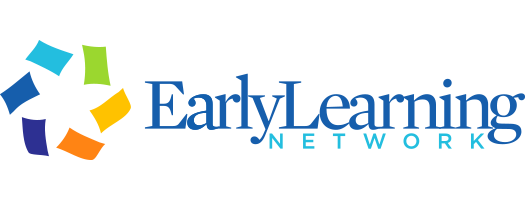
02 Jan Early Learning Network leads session on closing achievement gaps starting in pre-K
For many reasons, achievement gaps persist in education.
What can be done to narrow these gaps and promote equity among all children? What factors can we influence to help children maintain early gains and build upon their academic and social skills in the long-term?
The nationwide Early Learning Network is interested in these questions and examining ways to ensure that all children — especially children of color or those from low-income households — are provided optimal learning experiences as they enter school and transition from preschool through the early elementary grades.
On Jan. 8, network researchers presented current findings on achievement gap trajectories starting in pre-K, representing diverse students from both rural and urban settings, at the Institute of Education Sciences’ 2020 Principal Investigators Meeting.
View the slides and watch the network’s breakout session, Examining Achievement Gaps Starting in Pre-K: Identifying Malleable Factors to Close the Gap:
Follow ELN on Twitter and explore the hashtag #IESPIMtg for more information on the event.
Presentation
“Examining Achievement Gaps Starting in Pre-K: Identifying Malleable Factors to Close the Gap”
Institute of Education Sciences’ 2020 Principal Investigators Meeting
Washington, D.C.
Representatives from the network’s research and assessment teams at MDRC, University of California, Irvine, University of Nebraska–Lincoln and the University of North Carolina at Chapel Hill presented findings drawn from the following papers:
Shifting from Documenting Achievement Gaps to Closing Them: Evidence from the Boston Public Schools
Lead presenter: Meghan McCormick, MDRC team (Co-authors JoAnn Hsueh, Christina Weiland, Jason Sachs and Catherine Snow)
The Role of Malleable Family and School Factors in Reducing the Racial Gap
Lead presenter: Iheoma U. Iruka, UNL team (Co-authors Susan Sheridan, Lisa Knoche, Amanda Witte, Natalie Koziol, Hannah Kerby and Amanda Prokasky)
Achievement Gaps from Pre-K to Grade 1 in North Carolina
Lead presenter: Peg Burchinal, UNC team (Co-authors Mary Bratsch-Hines and Ellen Peisner-Feinberg)
Observing Pre-K and Kindergarten Learning Opportunities Using OLOS
Lead Presenter: Carol M. Connor, UC Irivine team (Co-authors Deborah Vandell and Ashley Adams)
This work supports the network’s collective goal to improve children’s academic success in pre-K through third grade by identifying research-proven policies and practices that narrow achievement gaps and maintain early learning success.
Visit the IES website for more information on the 2020 Annual Principal Investigators Meeting.

